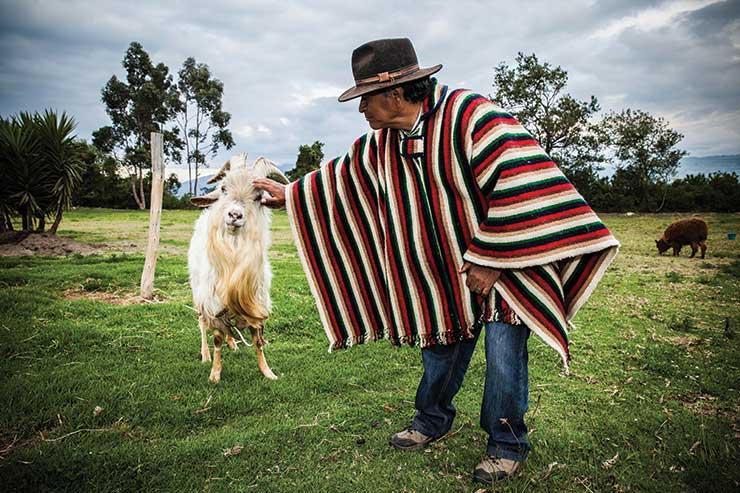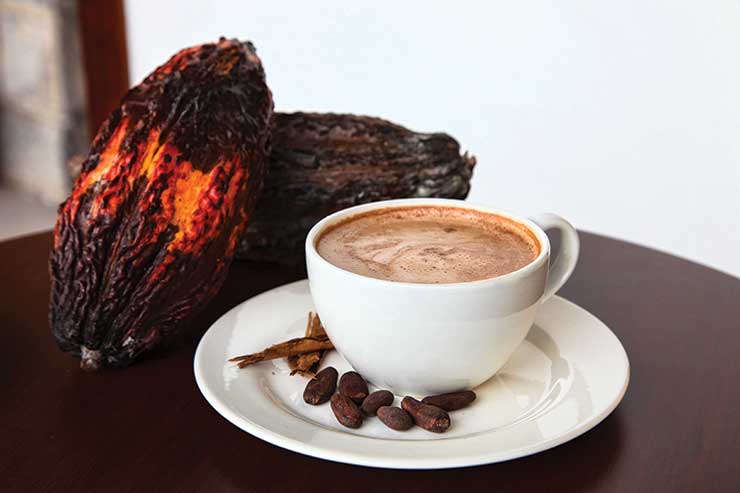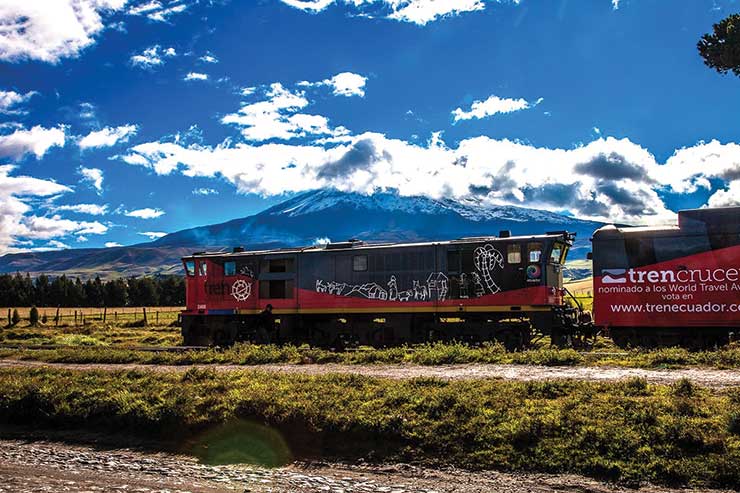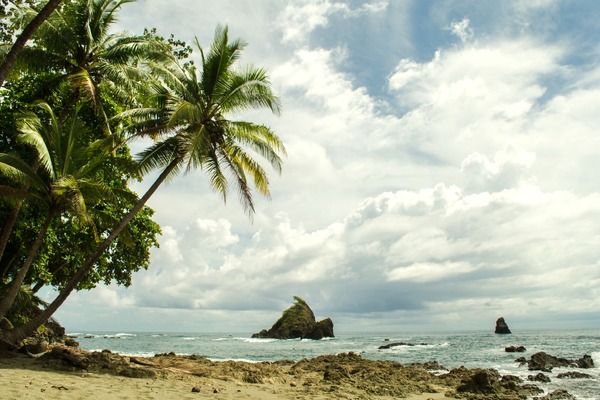On the right track: Tren Ecuador on responsible train travel
Tren Ecuador combines luxury train travel with unique and enriching cultural experiences for clients, while also providing a much-needed boost to the local economy. Abra Dunsby speaks to general manager Ana Garcia Pando to find out more.
The glamorous confines of a luxury train might not sound like the starting point for a responsible trip, but Tren Ecuador’s product offers just that.
Affording clients all the comforts of luxury train travel, from gourmet meals to lavish cabins, the responsible twist lies in Tren Ecuador’s inclusive vision.
Once onboard, guests make regular pit stops to meet the locals in off-the-radar locations, eat at local restaurants, buy authentic artisanal produce and spend nights in elegant haciendas, soaking up plenty of culture along the way.
“For us, the difference is in the luxury of the experience,” explains Tren Ecuador’s general manager Ana Garcia Pando.
“We offer a different sort of first-hand experience. Clients can enjoy comfort, then they’ll put their hiking boots on and trek in the rainforest with women who have been living in the area for years, and who tell tales about how they harvest quinoa. It’s a different, educational type of luxury.”
The train company came joint first at Responsible Travel’s World Responsible Tourism Awards at World Travel Market London last year, receiving recognition for taking tourism in a highly responsible direction.
Tren Ecuador manages the entire train network for tourists across Ecuador, and after a revamp in 2015 it now offers 10-day trips to discover some of the country’s most beautiful, tucked-away locations.
As well as the day trips, the flagship journey is the four-day Tren Crucero experience, which runs from Guayaquil on the Pacific coast northbound to Quito and up into the Andes (dubbed the Train to the Clouds), or vice-versa (Train of Wonders).
“The journey takes clients along the avenue of volcanoes, with an abrupt descent to Devil’s Nose, passing through a narrow gorge, across rainforest and then to the coast,” explains Pando.
“Clients will take in different climates, diverse and beautiful scenery and visit different communities along the way. There are 22 indigenous nationalities in Ecuador, and clients get to meet some of these varied populations on our tours,” she adds.
People power
As part of its mandate to strengthen the local economy, Tren Ecuador has no sleeper carriages; instead, guests sleep in various four- and five-star hotels and characterful haciendas en route.
Clients have plenty of opportunities to meet local people on their travels, from wood carvers to musicians, weavers to dancers. Not only do clients have a chance to purchase their wares, but they’ll also be offered an insight into their daily lives and Ecuadorian culture.
One of the more eclectic characters clients can meet is Ecuador’s last ice merchant. “He climbs Mount Chimborazo up to the edge of the glacier every day to gather ice, which he sells to local markets. It’s laborious work and unique, since more and more people own a freezer nowadays,” explains Pando.
Respect for tradition is integral to preserving Ecuadorian culture, and guests enjoy multiple glimpses into local customs. “For example, guests can visit an ancient indigenous market where locals still trade in goods instead of money,” points out Pando.
Tren Ecuador’s dedication to fuelling the local economy means that all the cafes at the train’s stopping points are locally run, and locals provide the food and drink that passengers consume onboard.
“In the cafes operated in local communities, clients can sample authentic dishes, such as corn and potatoes in the north and quinoa in the south,” says Pando.
Food is another means of educating clients on Tren Ecuador trips, with plantation excursions and chocolate-tasting sessions in a hacienda both featuring on the itinerary.
Reaping the benefits
While Tren Ecuador’s clients are offered a culturally rewarding tourist experience, the local community feels the benefits too, with everyone from staff onboard the train to those working in indigenous markets reaping the rewards of the tourist trail.
The company has contracts with up to 180 small providers and Tren Ecuador provides them with an income, as well as paying for their meals and snacks. Tourists supplement the income by buying their products.
“Our mission is to offer a high-end product that strengthens the local economy,” explains Pando. She says that Tren Ecuador has invested time and money securing licences for associated business, training suppliers and offering them contracts based on fair-trade principles.
Pando adds that most locals working for Tren Ecuador usually have another job, so the train company provides them with a good source of additional income. “It helps women to pay for the education of their children,” she says.
Part of the money Tren Ecuador makes also goes back into improving local communities – by providing supplies for schools, for example. “Tourism is helping to improve the lives of these communities,” Pando explains.
At present, the number of UK visitors making up Tren Ecuador’s 180,000 yearly passengers is “very few”, but Pando points out that the UK is a big target market for the train company and that working with the trade is a key priority.
“We’ve run fam trips to educate agents and operators about our product,” she explains. “We also attend trade shows WTM and Experience Latin America every year to try to broaden our appeal and forge links with agents and suppliers.”
She believes the UK has “huge potential” as a market for Tren Ecuador: “Agents can offer the Andes as an add-on to the Galapagos experience, which is already hugely popular with the UK audience.
“The typical journey for a UK visitor would be to make a few stops along the Andes by road, but the best way to appreciate the routes is by rail. Travel is slower, there’s no traffic and you get to see beautiful places that are often inaccessible by road. Plus clients can enjoy great meals, service and comfort,” she adds.
While Tren Ecuador is flying the flag for responsible travel, Pando is proud that Ecuador as a destination is doing the same. “Our various identities are a strong feature of this country and our history,” she says.
“We were one of the first destinations to create legislation about ecotourism and about being respectful to nature and culture.
“Ecuador has no large resorts. Accommodation is scattered around small communities, making it easy
to get involved in a powerful supply chain, so this kind of tourism matches perfectly with us,” she adds.
In a country that’s a glowing example of responsible tourism, Tren Ecuador is a beacon of success.

















